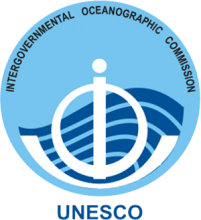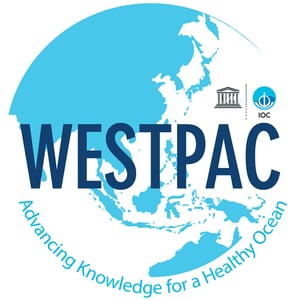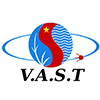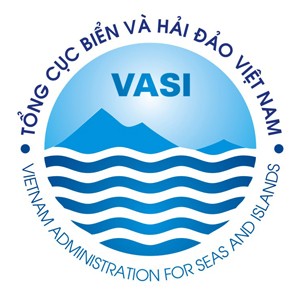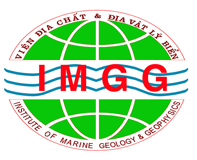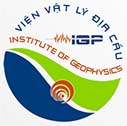Ocean deoxygenation, the decline in oxygen concentrations, is an ongoing process in the coastal and open ocean resulting from two anthropogenic stressors: CO2-induced warming which affects the entire globe, and excess nutrient loads from human activities, including marine aquaculture and land-based agriculture. Healthy ocean ecosystem requires oxygen to generate productivities and services to sustain people’s livelihoods.
The number of reported open ocean and coastal areas (including water bodies like estuaries, semi-enclosed seas, and coastal lagoons) in low oxygen conditions has risen exponentially since the mid-20th century. However, the areas of low oxygen conditions in the WESTPAC region are fewer than would be expected in the densely populated regions and are likely under-reported.
There is an urgent need, therefore, to examine and extend the observation of oxygen in the marine environment in both the coastal and open ocean low oxygen areas, particularly in the WESTPAC region, to improve our understanding on ocean deoxygenation and simulations of the future ocean, in order to develop effective management strategies and to document the effectiveness of management efforts.
To this end, the IOC Sub-Commission for the Western Pacific (WESTPAC) initiated the WESTPAC Working Group on Ocean Oxygen Network, seeking to:
- Integrate the disparate research efforts on deoxygenation that are taken in the region and to offer a regional and multidisciplinary view of the problem;
- Facilitate communication with established networks, observation systems, WESTPAC member states, stakeholders, policymakers to stimulate the awareness on the deoxygenation issue with meaningful and understandable messages;
- Promote scientific development and cooperation and identify emergent fields of research;
- Increase research capacity and knowledge transfer.
The workshop aims to:
- Facilitate interactions and communication among researchers studying various aspects of deoxygenation, and help inform policymakers on the issue of declining oxygen concentrations in the open ocean and coastal waters;
- Provide an initial review of deoxygenation studies conducted and published in the WESTPAC region;
- Identify locations and causes of deoxygenation in the region, and their possible impacts on people and marine ecosystems;
- Identify ways to advance progress and discuss opportunities for synergies among efforts, including the connection with the Global Ocean Oxygen Network.
(Source IOC/WESTPAC)



